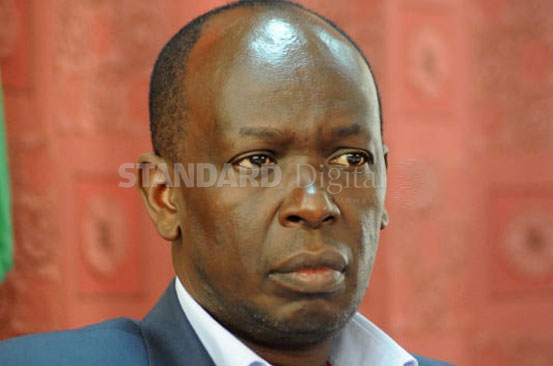×
The Standard e-Paper
Kenya’s Boldest Voice

Men and women will be shielded from domestic violence claims by their former wives, husbands and jilted lovers if a bill passed Thursday by the National Assembly becomes law.
But foul-mouthed spouses who fight and insult each other in front of their children could be jailed.